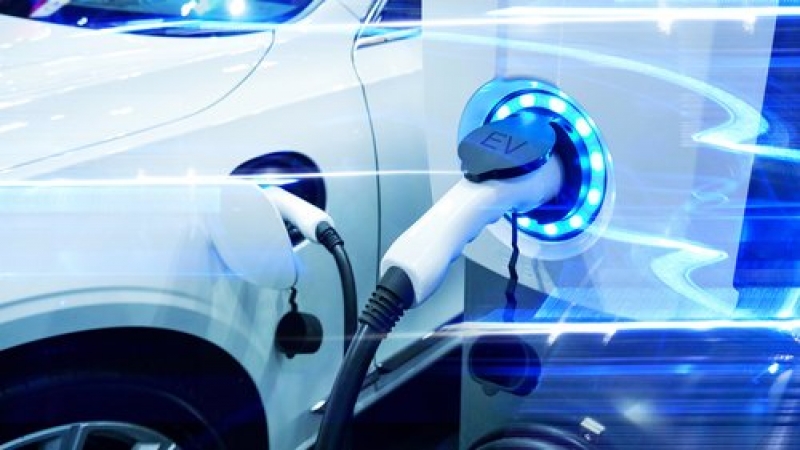Stellantis CEO Carlos Tavares said external pressure on carmakers to speed up switching to electric vehicles could threaten jobs and vehicle quality as manufacturers struggle to manage higher costs of building electric vehicles. Reuters reports.
Governments and investors want carmakers to speed up the transition to electric vehicles, but the costs are “beyond the limits” of what the car industry can support, Tavares said in an interview with Reuters Next.
“What has been decided is to impose on the automotive industry the electrification that brings 50% higher costs than a conventional vehicle,” he said.
“We cannot transfer 50% of the additional costs to the final consumer, because most of the middle class will not be able to pay,” he added.
Automakers could charge higher prices and sell fewer cars or accept lower profit margins, Tavares said. Both ways lead to discounts.
Trade union leaders in Europe and North America have warned that tens of thousands of jobs could be lost. Automakers need time to test and make sure the new technology works, Tavares said.
The pressure to accelerate this process “will only be counterproductive. It will lead to quality problems. It will lead to all kinds of problems,” he said.
Tavares said Stellantis aims to avoid cuts by increasing productivity at a much faster rate than the industry norm.
“In the next five years, we need to digest a 10% productivity per year … in an industry that is used to offering a 2% to 3% productivity improvement. The future will tell us who will be able to digest this and who will fail. We’re pushing the industry to the limit, “he said.
Like other automakers that make profits from internal combustion vehicles, Stellantis is under pressure from electric vehicle maker Tesla and other electric vehicle startups such as Rivian.
Electric vehicle manufacturers are much smaller in terms of vehicle sales and number of jobs. But investors have given Tesla and Rivian higher market valuations than the owner of the Jeep brand or the highly profitable Ram van franchise.
This pressure from investors is exacerbated by government policies aimed at reducing greenhouse gas emissions.
The European Union, California and other jurisdictions have set targets for ending sales of internal combustion vehicles by 2035. The United Kingdom has set 2030 as the deadline for switching to all-electric vehicles.
Tavares said governments should shift the focus of climate policy to cleaning up the energy sector and developing electric vehicle charging infrastructure.
Stellantis, created in 2021 by the merger of French carmaker Peugeot SA and Italian-American carmaker Fiat Chrysler NV, is on track to reduce costs by 5 billion euros by streamlining its operations, Tavares said.
Tavares has accelerated the development of electric vehicles by Stellantis, allocating 30 billion euros by 2025 for the development of new electric vehicle architectures, the construction of battery factories and investments in raw materials and new technologies.
– .


